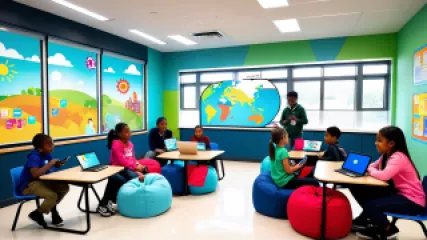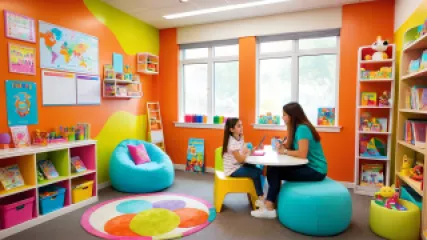How Online Therapy Helped My Learning Disabilities
1 year ago
Learning Disabilities
Parental Guidance: Step-by-Step Impact on Personality Traits
1 year ago
Parental Influence on Personality
How to Support Giftedness Through Mental Health Coaching
1 year ago
Giftedness
Effective Online Interventions for Learning Disabilities
1 year ago
Learning Disabilities
The Complete Guide to Addressing Learning Disabilities
1 year ago
Learning Disabilities
The Comprehensive Guide to Online Dream Interpretation
1 year ago
Dream Interpretation
Research-Backed Strategies for Breaking Bad Habits
1 year ago
Breaking Bad Habits
The Ultimate Guide to Giftedness Coaching Options
1 year ago
Giftedness
Why Giftedness Coaching Options Are Essential for Nurturing Talent
1 year ago
Giftedness
What is the Most Effective Stress Management Program for Burnout Prevention?
1 year ago
Burnout Prevention
Comprehensive Guide to Therapy Sessions for Learning Disabilities
1 year ago
Learning Disabilities
Clarifying Your Personal Values: A Research-Backed Approach
1 year ago
Personal Values Clarification
10 Proven Steps to Break Bad Habits for Good
1 year ago
Breaking Bad Habits
Exploring the Landscape of Elderly Mental Care: A Research Summary
1 year ago
Elderly Mental Care
10 Steps to Nurturing Giftedness Through Online Therapy
1 year ago
Giftedness















